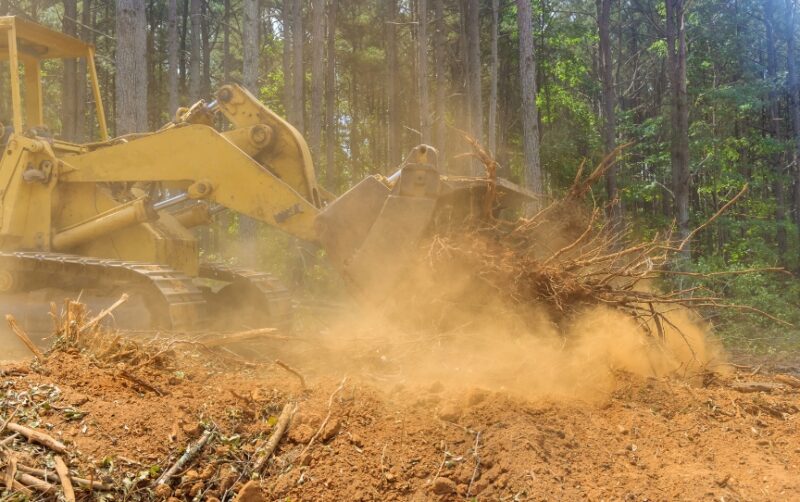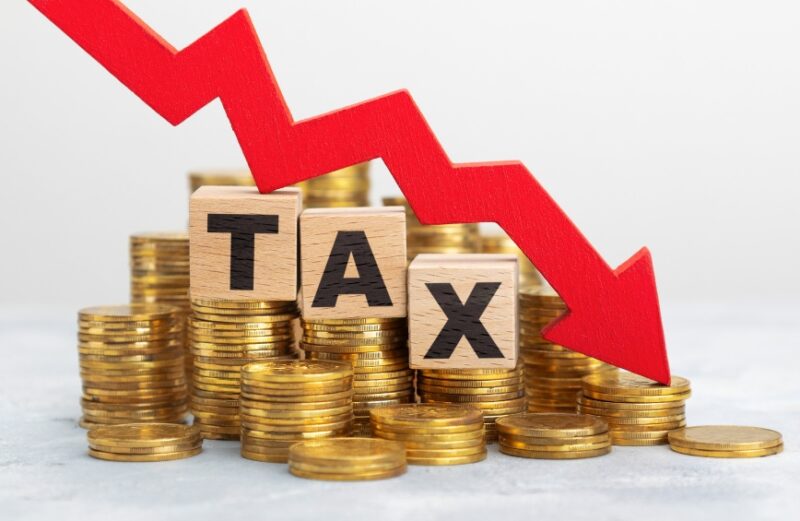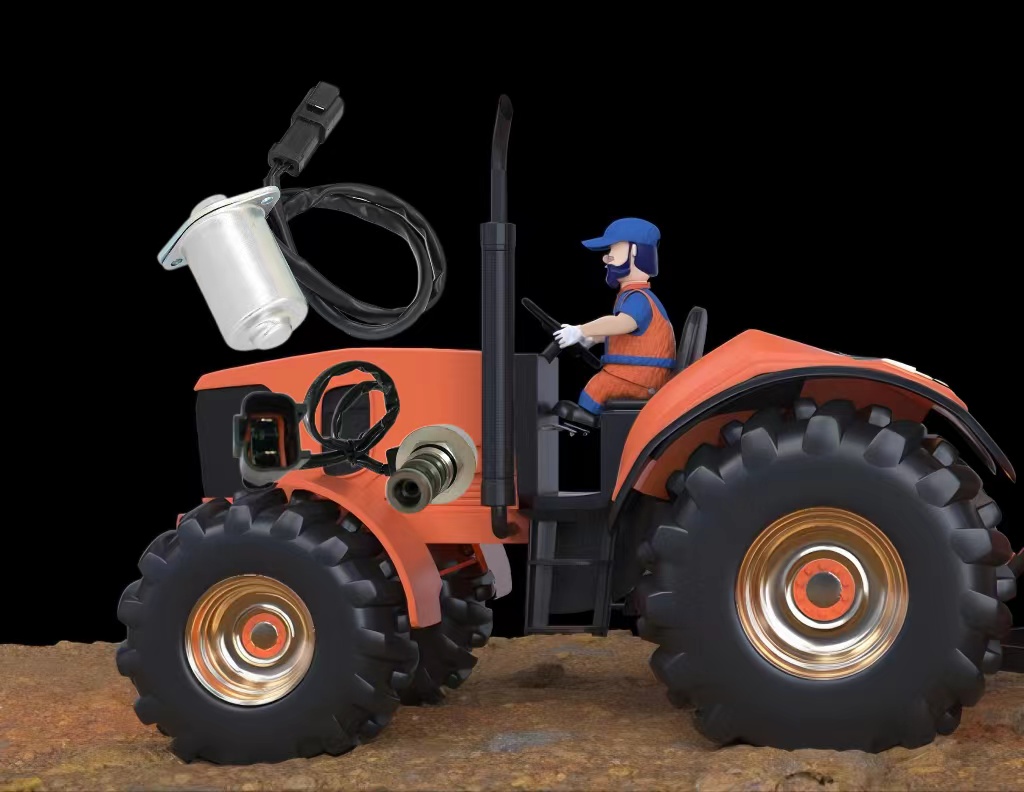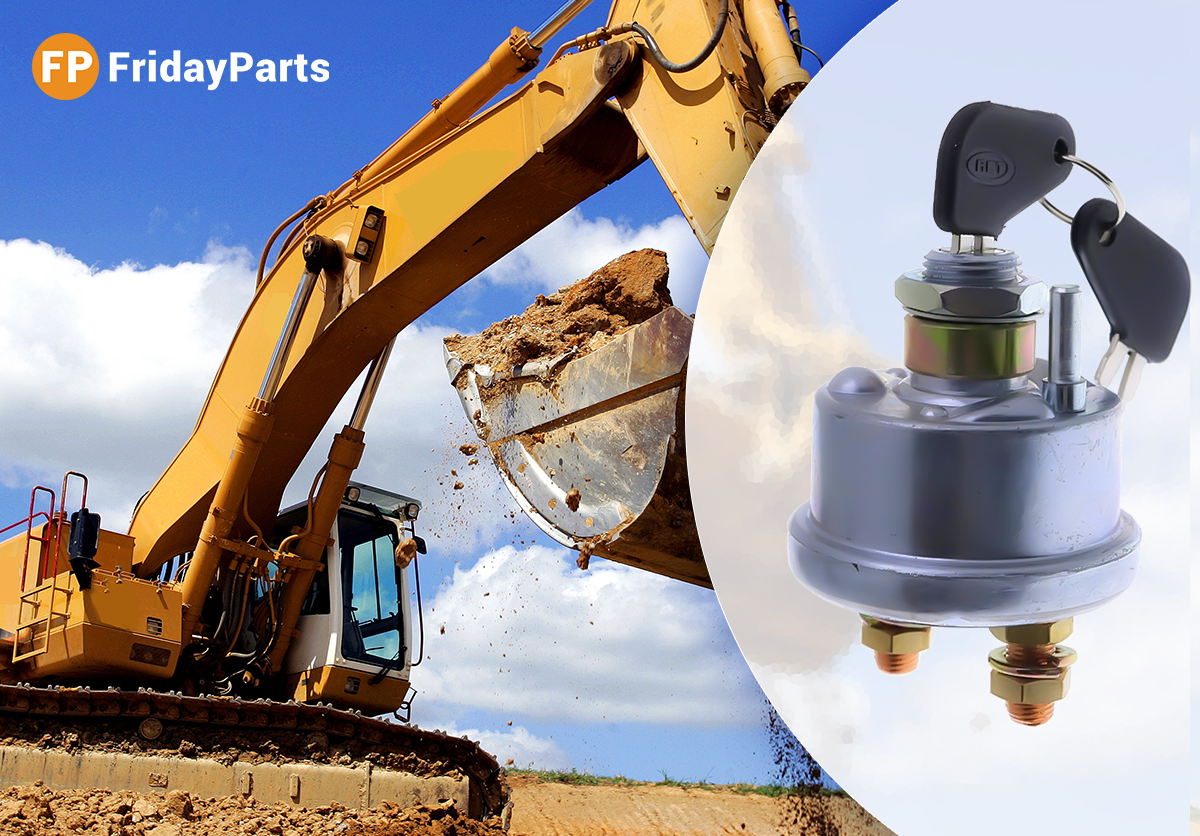In the previous article, we learned that wholesale bulk of aftermarket parts can also get tax write-offs. Today we share with you the tax write-off method for second-hand equipment.
Whether you own a used lawn mower or a used skid steer, they can help you with your tax write-off. Without further ado, have a quick look at this article to know tax write-offs in the following two ways.

Why can used equipment enjoy tax incentives?
Promote economic development
The government promotes economic development by providing tax incentives to encourage companies to purchase and use second-hand equipment. The purchase of second-hand equipment can reduce business costs, encourage investment and create jobs.
The costing payment
In many countries, the purchase of used equipment is considered a capital expenditure and the tax basis can be reduced by spreading the cost over a certain period. Therefore, companies can get more deductions when paying taxes. You can ask your accountant about such a policy in your local area.
Depreciation deduction
The value of used equipment typically decreases over time so that buyers can take depreciation deductions based on the actual value of the equipment. That is, the value of the equipment is spread over its useful life and the tax basis is reduced.
Industry-specific policies
Some countries or regions support the development of specific industries and encourage companies to purchase and use second-hand equipment through preferential tax policies. Ask your accountant if your industry is in a specific industry.

How to perform tax write-offs on second-hand equipment?
There are two ways to obtain considerable tax benefits for used equipment, namely Section 179 and Bonus Depreciation.
What is Section 179 and how to get tax deductions?
Section 179 is a provision in the U.S. tax code that allows businesses to deduct a certain amount of capital cost after purchasing an asset without having to amortize it according to the usual depreciation rules. Under Section 179, a business can deduct part or all of an asset’s cost as depreciation in the year of purchase, up to a maximum limit subject to statutory limits for that year.
You need to pay attention to:
- Equipment purchased for business use
- Learn about limits for tax year 2023
- The total write-off limit is $1,160,000 (an increase of $8,000 from 2022), and the total equipment purchased is capped at $4,050,000. If the total equipment purchase exceeds this upper line, the deduction begins to decrease dollar for dollar.
- Your business must purchase and use this equipment by 2023
What is bonus depreciation and how to get it?
- Put into service during the tax year
- Used to generate operating income
- Lifespan is at least one year
Conclusion
In recent years, companies have invested as much money as possible in equipment and used bonus depreciation policies to depreciate all equipment. You can take the maximum Section 179 deduction and then use bonus depreciation on the rest. This way you can combine both methods to get it.
By the way, if your company has bought parts for lawn mowers or other agricultural or construction equipment this year, you can write off bulk aftermarket parts cost. Read: How Do Farmers Get Tax Deductions By Buying Parts? And, If you plan to wholesale aftermarket parts and replacement parts, welcome to contact us.







Leave A Comment